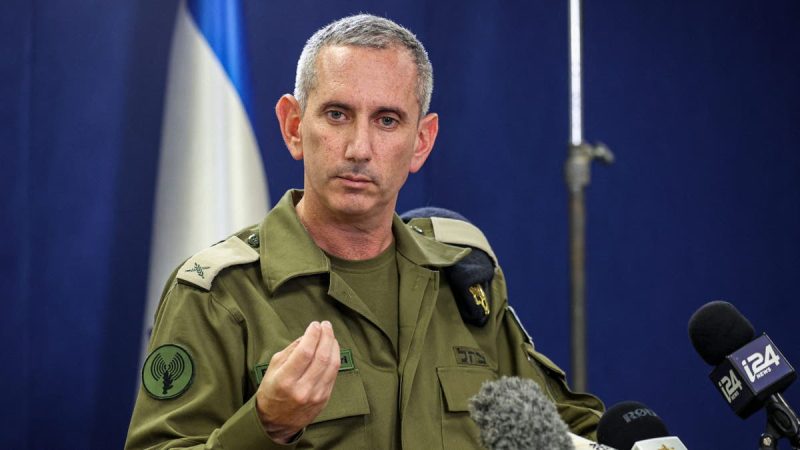War-Torn Regions Have Keen Interest in US Elections
The ongoing conflicts in war-torn regions across the world have highlighted the keen interest that these areas have in the outcome of the United States elections. With the U.S. being a global superpower, the decisions made by its leaders have a significant impact on global affairs, including those in conflict zones. As such, populations in conflict-ridden areas closely watch the U.S. electoral processes and the policies of potential leaders for implications on their own situations.
One key area of interest for war-torn regions is the foreign policy of the U.S. The decisions made by the U.S. government regarding military intervention, foreign aid, and diplomatic relations can have direct consequences on the ground in conflict zones. For populations living in these regions, the outcome of the U.S. elections can determine whether they will receive support or face further challenges in their quest for peace and stability.
Moreover, the stance of U.S. leaders on human rights issues is closely scrutinized by populations in war-torn regions. Many conflict-affected communities look to the U.S. as a champion of human rights and justice on the global stage. The actions and statements of U.S. leaders regarding human rights violations, humanitarian assistance, and international law can shape perceptions of the U.S. in these regions and influence their hopes for a better future.
Economic policies of the U.S. also play a crucial role in war-torn regions. Economic stability and development are vital for rebuilding societies affected by conflict, and U.S. economic decisions can impact the global economy. Populations in conflict zones watch closely for promises of economic support, trade agreements, and development initiatives that could potentially benefit their communities and contribute to post-conflict recovery.
Furthermore, the rhetoric and diplomatic tone of U.S. leaders towards international conflicts are significant for war-torn regions. The language used by U.S. officials in addressing global crises and conflicts can influence perceptions of the legitimacy of different actors and the prospects for peaceful resolutions. Populations in conflict zones often look for signals of cooperation, mediation efforts, and commitment to international norms from potential U.S. leaders.
In conclusion, the interest of war-torn regions in the U.S. elections reflects the interconnected nature of global politics and the impact of U.S. policies on conflict-affected areas. The outcomes of the U.S. elections have far-reaching implications for populations in these regions, shaping their hopes for peace, stability, and progress. As such, it is essential for U.S. leaders to be mindful of the concerns and aspirations of those living in war-torn regions and to consider the broader global implications of their decisions.

